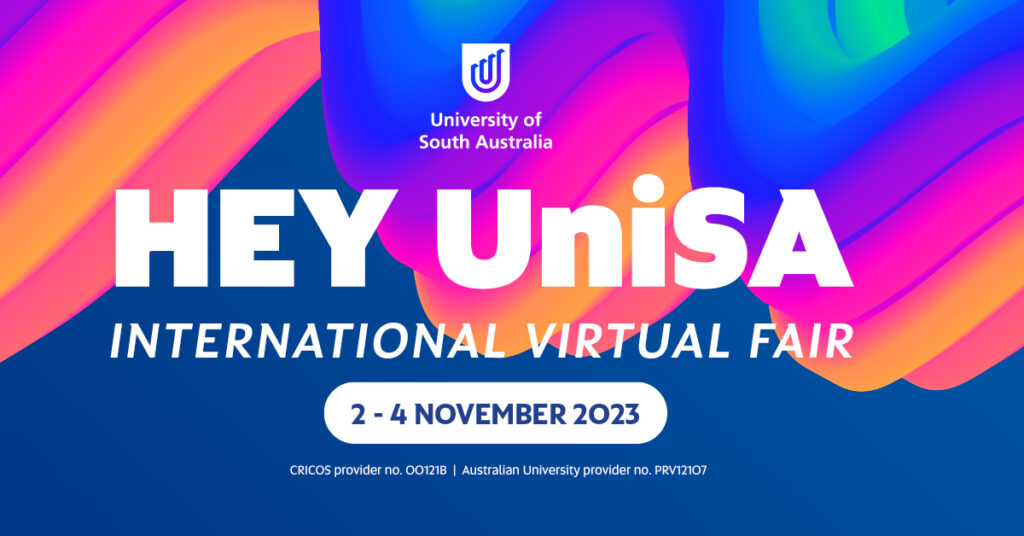When you’re searching for the perfect education provider, open days and weeks are incredibly useful. They help you compare courses, explore campuses and accommodation, and meet staff and students, so you can figure out all of your options before committing to several years of study.
Nowadays, you can attend open days online! Virtual open days and weeks (also known as “virtual fairs”) allow prospective students to tour educational institutions online using their computer or phone. Virtual open days give you access to education providers across the globe free of charge. You’ll have the benefit of visiting as many educational institutions as you’d like in places you may never have thought possible!
What can you expect from a virtual open day?
Essentially, these online events aim to give you a taste of student life and help you choose a course that matches your career goals.
Subject-specific talks and webinars will break down course content and assessment methods, giving you detailed information on course outcomes and introducing you to the tutors behind the program. Meeting your future tutors can help you get a feel for the teaching methods of each education provider, so you can choose one that suits your learning style best. You’ll also have the opportunity to chat to current students who can give you a sense of student life and share their personal experiences.
3D virtual tours will guide you through buildings, including classrooms, student accommodation, and the surrounding town/city, so you can get an idea of the spaces you’ll be spending your student life in when you arrive in Australia. Make note of campus facilities such as medical centres, libraries, counselling services, international student support and other crucial services, as these may be necessary throughout your degree.
Important questions to ask
During the virtual open day or week, you may have the opportunity to attend live Q&A sessions. These are a great way to connect with staff, tutors and current students, and clarify any information you can’t find on educational institutions’ individual websites.
We recommend preparing a list of questions to ask on the day and in any follow-up communications. Reading up on the faculty behind your course of interest can help you tailor your queries. These could include:
For tutors/staff:
- How many students are admitted to the course?
- What does your education provider offer that others don’t?
- What professional experience can tutors offer?
- What academic support do you provide?
- What careers have graduates gone on to do?
- What do you look for in an application?
For students:
- How have you found your course so far?
- What are the best things about this education provider?
- What’s the campus culture like for international students?
- What are your living arrangements? Do you recommend this type of accommodation?
- Do you feel supported by the tutors/staff?
- Do you feel safe and secure on campus and in student accommodation?
Preparing for virtual fairs
Narrow down the institutions you’d like to check out based on rankings, support systems on offer, clubs and societies, campus facilities, fees, and the cost of living in the area where the institution is located. Although virtual fairs give you access to education providers worldwide, be realistic about the location of each institution. Thoroughly research each education provider’s location before committing to a new city.
You’ll have to register in advance to attend a virtual open day or week, so make sure to shortlist your education providers of interest and sign up within the registration period.
Read through any material given to you by the educational institution before the day of the virtual fair, as you may need to navigate new software or follow specific guidelines.
Many virtual fairs take place over a week-long period focusing on different departments each day. If this is the case, the educational institution will provide you with a timetable once you’ve registered.
Generally, each session will last for a few hours and you can come and go as you like. If you miss any vital information, don’t stress! Most educational institutions allow attendees to access recordings after the event and provide plenty of resources for you to download.
Sometimes open days are coordinated at the same time across more than one institution, or even a whole city.





